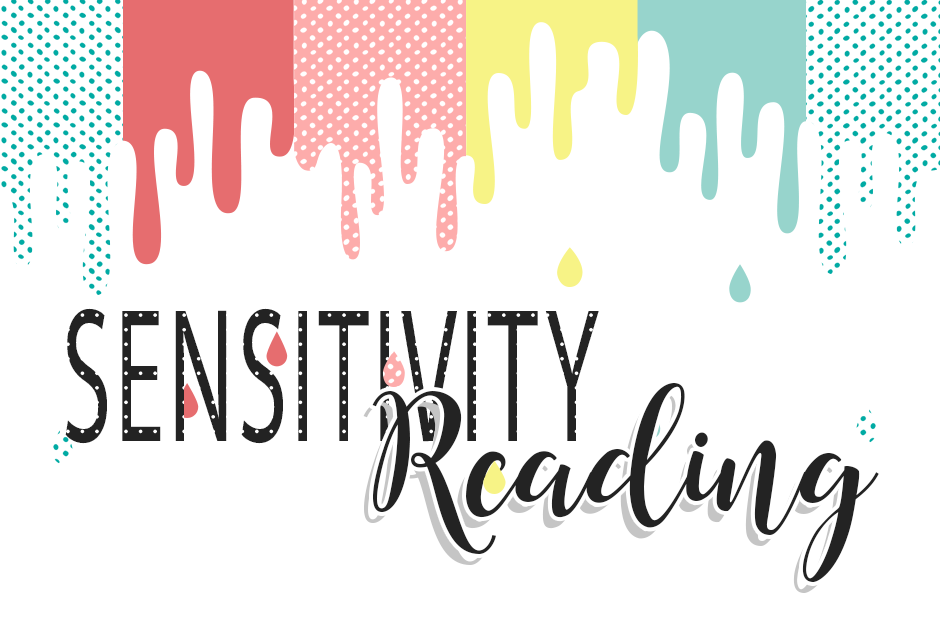
The publishing industry is changing.
For most, this is a really welcome change. Especially in kidlit, where there are harmful books that perpetrate stereotypes that contribute to racism and exclusion, it’s important to depict marginalized characters with accuracy. Kids are going to be the readers, and kids will be the ones affected in case you get something wrong. With that in mind, the concept of Sensitivity Readers was created.
For those of you who have been living under a rock for the past year, sensitivity readers are people you hire (much like an editor) who will go through your manuscript and make sure you haven’t fallen back into racist stereotypes or problematic depictions of marginalized communities. They are people with experience in said community — ie they’re usually from said community — and therefore have lived experience and common ground to call out what may be a problem and an offense in your book.
That said, finding the sensitivity reader that’s perfect for your book may be hard, especially if it’s intersectional. For example, if you write a character who’s a Black lesbian, the ideal sensitivity reader would be a Black lesbian too. If, however, you’re lesbian but not Black and you’re only concerned with representation on race, you could hire a sensitivity reader that’s a Black woman but doesn’t necessarily identify as a lesbian. This is of course all very complex that should be considered carefully, because intersection is important. And not always one person will understand about all marginalizations.
Another thing that is important when finding a sensitivity reader is making sure they also have a writing background. That doesn’t mean necessarily that they are writers themselves, but that they have taken part and are aware of the discourse going on about publishing. Just hiring someone who is from the same marginalized background as your character won’t do — they also have to be aware of what’s going on in publishing and all the stereotypes that have been used before. Although any person could point out most of the problematic things, there is a lot of nuance in the book industry, and this person you’re hiring should be aware of that. Senstivity readers are like any other professional in the industry — they should know how it works.
With those two things in mind, it’s time to start looking. I think the biggest resource to finding Sensitivity readers is through Writing in the margins database. You can also find them through Facebook groups and twitter by asking. Usually people will recommend a service if they’ve used a Sensitivity reader before. Be sure to check in with writers who have used SR services before if they have a recommendation. Most of them will be happy to provide names for you if they liked a person’s service.
What I recommend personally is talking to the Sensitivity reader before hiring them, making sure they are up to date with publishing debates as well as understand your type of writing. I mostly read kidlit, so I wouldn’t be the best sensitivity reader for adult, for example. Talking to the person who you’re hiring is extremely important, especially expressing your concerns over the work. A lot of SRs also have contracts of their own, so you might have to sign them and you can offer an NDA as well so both parties stay protected. A sensitivity reader is like an editor — you need to know them and trust them so you can work together, so the best thing to do is talk to them first, and even ask if they have testimonials and recommendations.
Remember:
- Look at the data base.
- Make sure you’re asking for the right person.
- Get testimonials.
And good luck!
